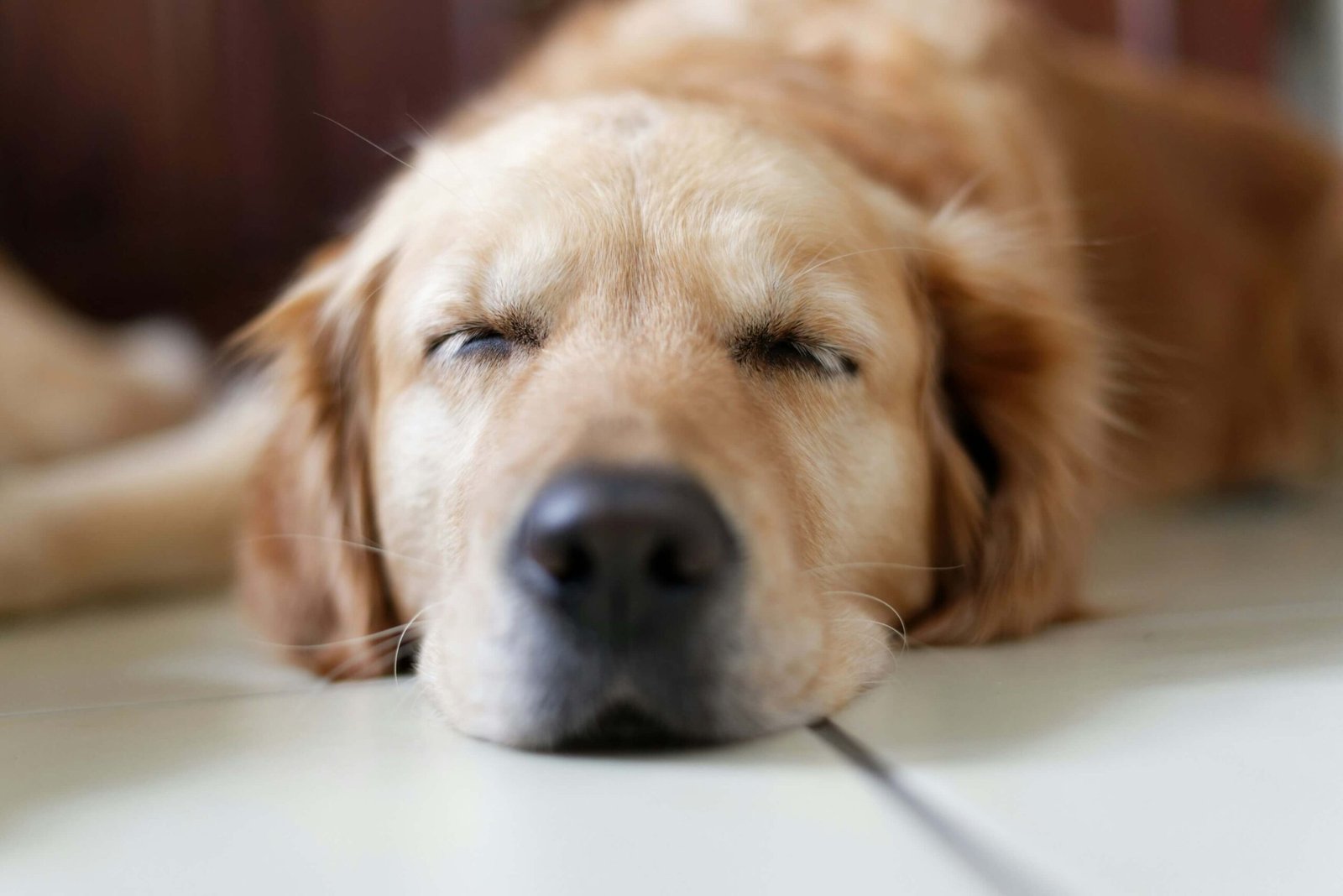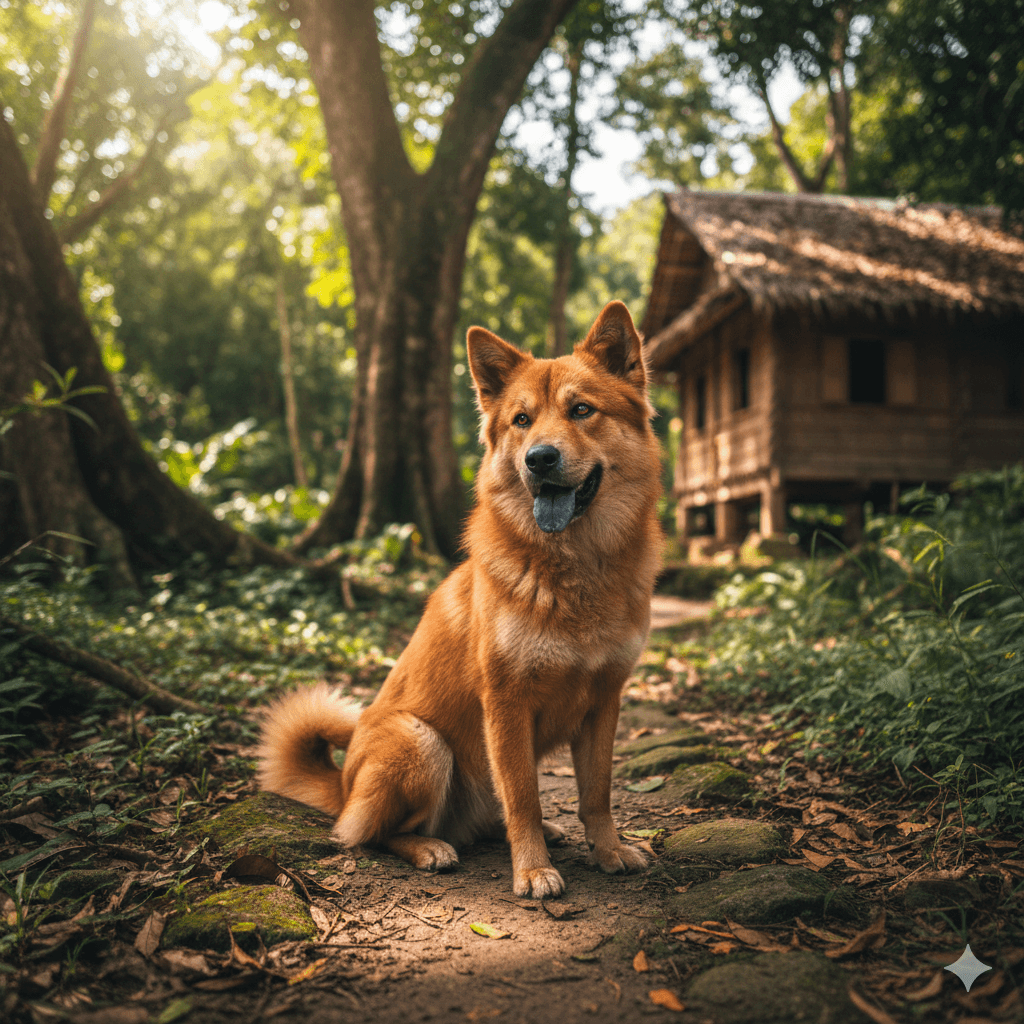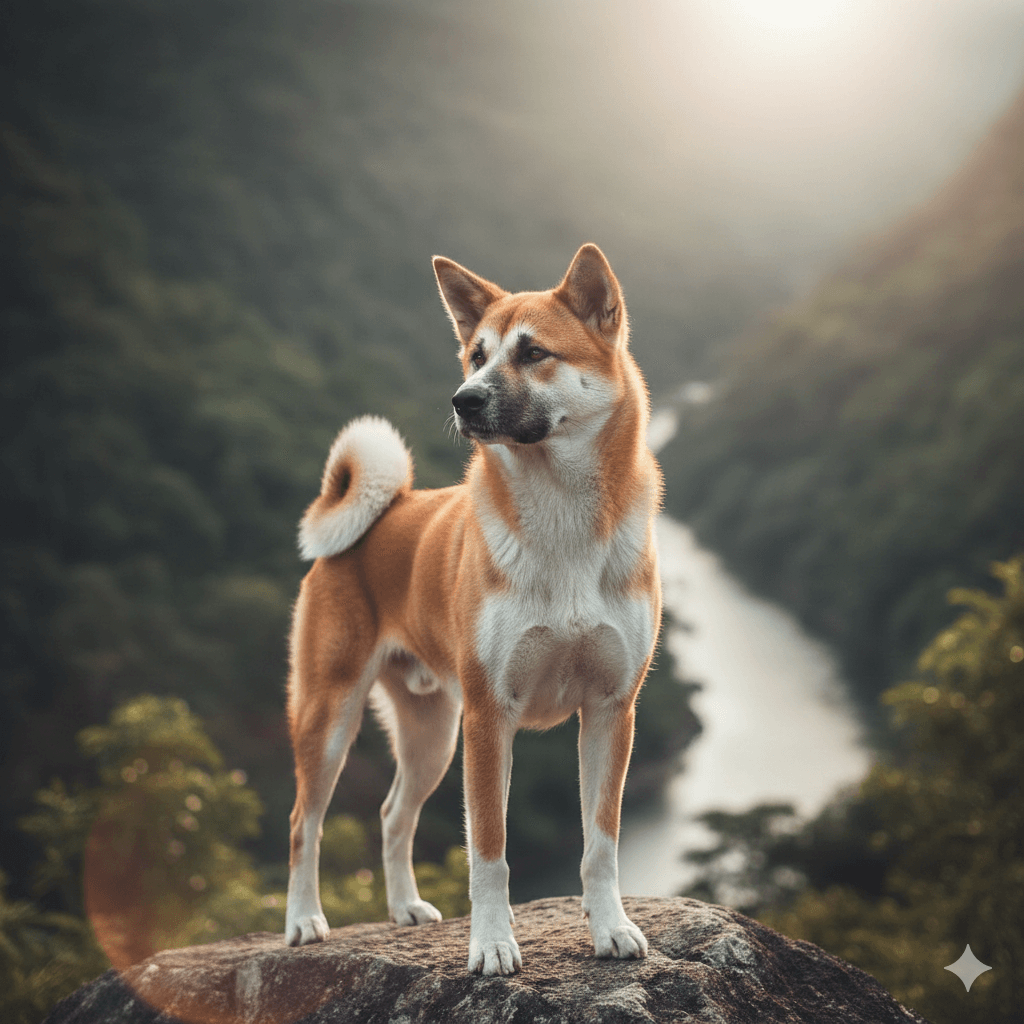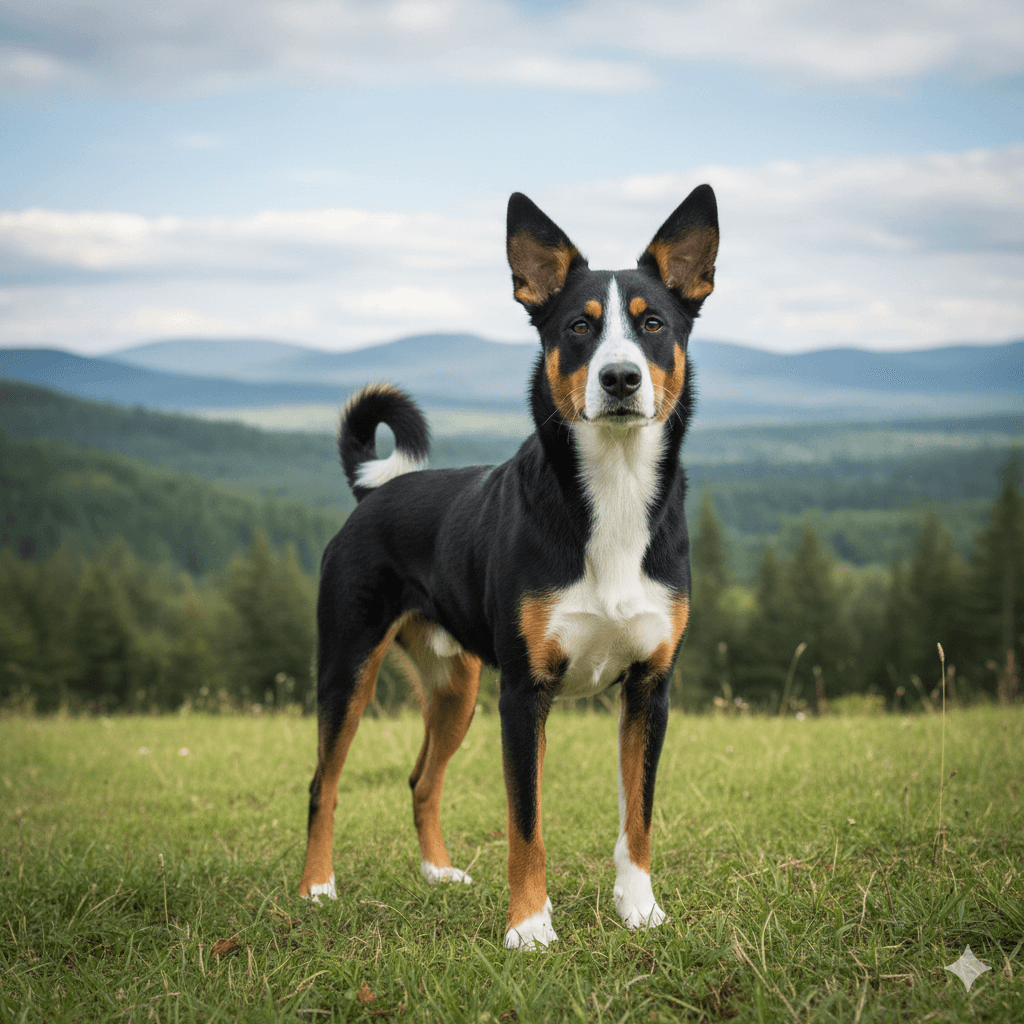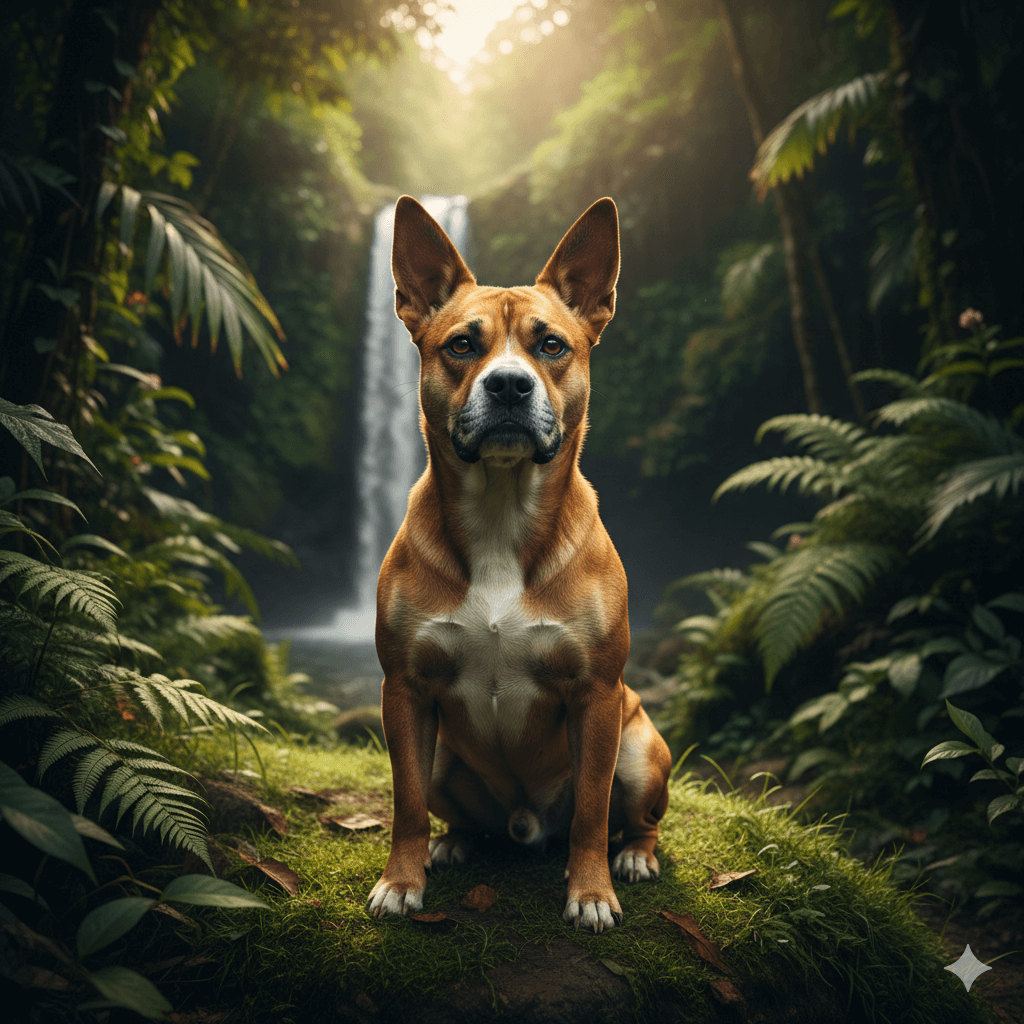Why Is My Dog Panting at Night?
If you’ve ever noticed your dog panting heavily at night, you’re not alone. While panting is a normal behavior for dogs to regulate their body temperature or express excitement, excessive nighttime panting can sometimes indicate underlying issues. Whether it’s due to environmental factors, health concerns, or simple discomfort, understanding the reasons behind this behavior is key to ensuring your furry friend’s well-being. In this blog post, we’ll explore the potential causes of nighttime panting, offer practical solutions, and provide expert tips to help you address this common concern.
Common Causes of Nighttime Panting in Dogs
Nighttime panting can stem from a variety of factors, ranging from harmless to potentially serious. Identifying the root cause is the first step toward addressing the issue effectively.
Overheating or Warm Environment:
Dogs rely on panting to cool down, so a warm room or heavy blanket may cause them to pant excessively at night.Anxiety or Stress:
Dogs experiencing separation anxiety or fear of loud noises (like thunderstorms) may pant as a way to cope with their emotions.Pain or Discomfort:
Underlying pain, such as arthritis or an injury, can lead to restlessness and panting during the night.Respiratory Issues:
Conditions like allergies, asthma, or brachycephalic syndrome can make breathing difficult, causing increased panting.Medication Side Effects:
Certain medications may cause panting as a side effect, so consult your vet if your dog recently started a new treatment.
By observing your dog’s behavior and environment, you can narrow down the possible causes and take appropriate action.
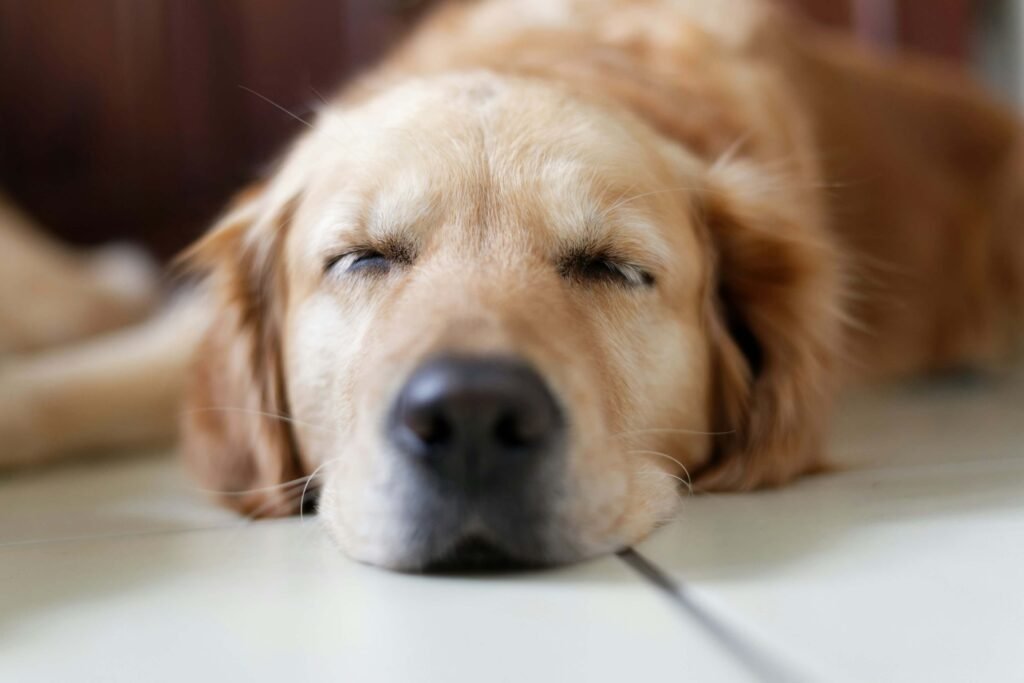
Signs That Your Dog’s Panting May Be a Health Concern
While occasional panting is normal, certain signs accompanying nighttime panting could indicate a more serious health issue. Pay attention to these red flags to determine if veterinary care is needed.
Excessive Drooling or Foaming:
If your dog is drooling excessively or foaming at the mouth while panting, it could signal poisoning or a neurological issue.Lethargy or Weakness:
A dog that seems unusually tired or weak alongside panting may be suffering from heatstroke or another systemic problem.Coughing or Gagging:
These symptoms paired with panting could point to respiratory infections, heart disease, or tracheal collapse.Restlessness or Pacing:
Constant movement and inability to settle may indicate pain or discomfort requiring medical attention.Pale Gums or Rapid Breathing:
Pale gums and labored breathing are signs of distress and should prompt an immediate visit to the vet.
Recognizing these warning signs ensures you can seek timely help and prevent complications for your beloved pet.
Check this guide 👉Understanding Dog Panting After Surgery: Best 7 Tips!
Check this guide 👉Why Does My Dog Wake Up Panting? Best 7 Health Tips!
Check this guide 👉Why Wont My Dog Stop Panting? Best 7 Expert Tips!
Preventive Measures for Nighttime Panting | When to Contact Your Vet |
|---|---|
Keep the sleeping area cool and ventilated | Persistent panting despite cooling efforts |
Provide a comfortable, supportive bed | Signs of pain, such as limping or whining |
Reduce stress with calming music or pheromones | Labored breathing or pale gums |
Avoid heavy exercise right before bedtime | Sudden onset of panting with no clear cause |
Monitor for changes in diet or medication | Coughing, gagging, or unusual vocalizations |
How to Calm Your Dog During Nighttime Panting Episodes
If your dog starts panting at night, there are several ways to soothe them and create a calming environment. These techniques can help reduce stress and improve their overall comfort.
Adjust the Room Temperature:
Ensure the room is cool enough by using fans, air conditioning, or opening windows to promote airflow.Provide a Cozy Sleeping Space:
Offer a soft, supportive bed and remove any items that might cause overheating, such as thick blankets.Use Calming Tools:
Consider using products like anxiety wraps, calming sprays, or white noise machines to ease your dog’s nerves.Establish a Relaxing Bedtime Routine:
Incorporate activities like gentle walks, brushing, or quiet play to signal that it’s time to wind down.Stay Calm Yourself:
Dogs pick up on their owner’s emotions—if you remain calm, your dog is more likely to settle down as well.
With patience and consistency, these strategies can help your dog feel safer and more relaxed during the night.
Tips for Preventing Excessive Panting in Dogs
Preventing nighttime panting involves addressing both physical and emotional needs. Here are some proactive steps to minimize the likelihood of this behavior.
Maintain a Healthy Weight:
Overweight dogs are more prone to overheating and respiratory issues, so keeping your dog fit is crucial.Schedule Regular Vet Checkups:
Routine exams can catch potential health problems early, reducing the risk of nighttime panting caused by illness.Limit Evening Treats or Snacks:
Feeding your dog too close to bedtime can cause digestive discomfort, leading to restlessness and panting.Create a Stress-Free Environment:
Minimize exposure to triggers like loud noises, unfamiliar guests, or chaotic household activity.Exercise During the Day:
Adequate physical activity helps burn off excess energy, promoting better sleep at night.
Taking these preventive measures can significantly reduce the chances of your dog panting excessively at night.
Environmental Factors Contributing to Nighttime Panting
A dog’s surroundings play a significant role in their comfort level at night. Addressing environmental factors can often alleviate nighttime panting.
High Humidity Levels:
Humid environments make it harder for dogs to cool themselves through panting, increasing the likelihood of restlessness.Noisy Neighborhoods:
Loud sounds from traffic, neighbors, or wildlife can startle your dog and trigger panting episodes.Uncomfortable Bedding:
A lumpy or unsupportive bed can cause physical discomfort, prompting your dog to pant as they try to get comfortable.Exposure to Bright Lights:
Streetlights or indoor lights left on can disrupt your dog’s sleep cycle, leading to restless behavior.Inadequate Ventilation:
Poor airflow in the sleeping area can trap heat, making it harder for your dog to regulate their body temperature.
Addressing these environmental factors can significantly improve your dog’s nighttime comfort and reduce panting.
The Role of Diet in Nighttime Panting
Your dog’s diet can influence their nighttime behavior, including panting. Ensuring proper nutrition and feeding habits supports their overall well-being.
Food Allergies or Sensitivities:
Ingredients that irritate your dog’s stomach may cause discomfort and panting during the night.Late-Night Feeding:
Eating too close to bedtime can lead to bloating or indigestion, which may result in panting.Dehydration:
Insufficient water intake throughout the day can cause mild dehydration, prompting excessive panting.High-Sodium Foods:
Consuming salty treats or table scraps can increase thirst and disrupt sleep patterns.Supplements for Joint Health:
Adding joint-supporting supplements (like glucosamine) can reduce pain-related panting in older dogs.
A balanced diet tailored to your dog’s needs can help minimize nighttime panting and promote better sleep.
Behavioral Changes to Reduce Nighttime Panting
Sometimes, behavioral adjustments can make a big difference in managing nighttime panting. These changes focus on creating routines and reducing stress.
Desensitization Training:
Gradually exposing your dog to known stressors (like storms) can help them become less reactive over time.Positive Reinforcement:
Reward calm behavior at night with treats or praise to encourage relaxation.Consistent Sleep Schedule:
Sticking to a regular bedtime routine helps regulate your dog’s internal clock and promotes deeper sleep.Increased Daytime Interaction:
Spending quality time playing or training during the day reduces pent-up energy that might surface at night.Avoid Punishment for Panting:
Scolding your dog for panting can increase their anxiety, worsening the behavior instead of resolving it.
Implementing these behavioral strategies fosters a calmer, happier dog and reduces the frequency of nighttime panting.
Frequently Asked Questions About Nighttime Panting in Dogs
Is it normal for dogs to pant at night?
Yes, occasional panting is normal, especially if your dog is regulating their body temperature. However, persistent or excessive panting should be investigated.
Could nighttime panting indicate a serious health issue?
It could, especially if accompanied by other symptoms like coughing, lethargy, or appetite changes. Consult your vet for a thorough evaluation.
How can I tell if my dog is panting due to anxiety?
Look for signs of restlessness, pacing, or whining alongside panting. Creating a calm environment may help alleviate anxiety-related panting.
Should I wake my dog if they’re panting in their sleep?
Not necessarily. Dogs often dream and may pant during REM sleep. However, if they seem distressed, gently waking them can help.
Can diet affect nighttime panting?
Yes, certain foods or overfeeding before bed can cause discomfort and lead to panting. Stick to a balanced diet and avoid heavy meals late at night.
Ensuring Peaceful Nights for Your Furry Friend
Nighttime panting in dogs can range from a minor inconvenience to a symptom of a larger issue. By understanding the potential causes, recognizing warning signs, and implementing preventive measures, you can ensure your dog enjoys restful nights and stays healthy. Remember, your dog relies on you to interpret their needs—so trust your instincts and seek professional advice when necessary. With love, patience, and proper care, you can give your canine companion the peaceful sleep they deserve.
Telomian Chow Chow Mix: Best 7 Expert Tips! – Discover the unique blend of loyalty, agility, and independence in this rare hybrid. Perfect for devoted dog lovers!
Telomian Akita Mix: Best 7 Expert Tips! – Discover the perfect blend of loyalty, strength, and agility in this unique hybrid. Learn care, training, and health tips!
Telomian Bernese Mountain Dog Mix: Best 7 Expert Tips! – Discover the perfect blend of agility, loyalty, and charm in this unique hybrid companion.
Telomian Bulldog Mix: Best 7 Expert Tips! – Discover the perfect blend of loyalty, energy, and charm with this unique hybrid breed. Ideal for active families!

